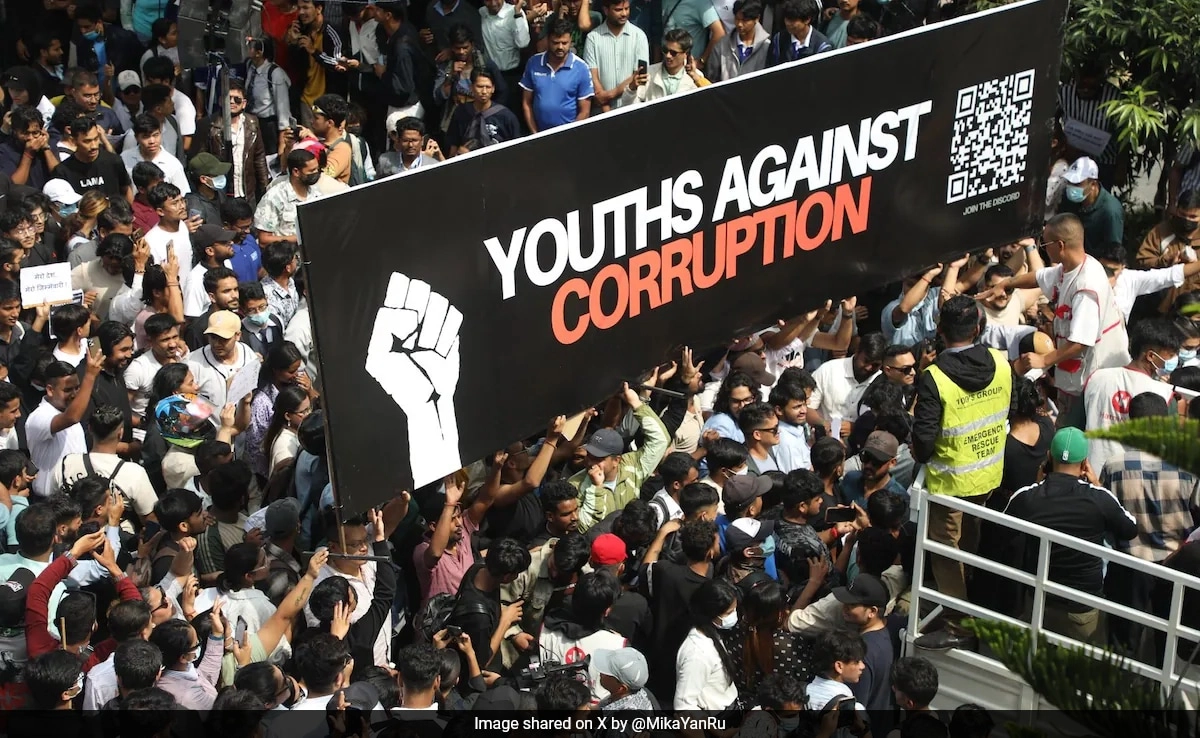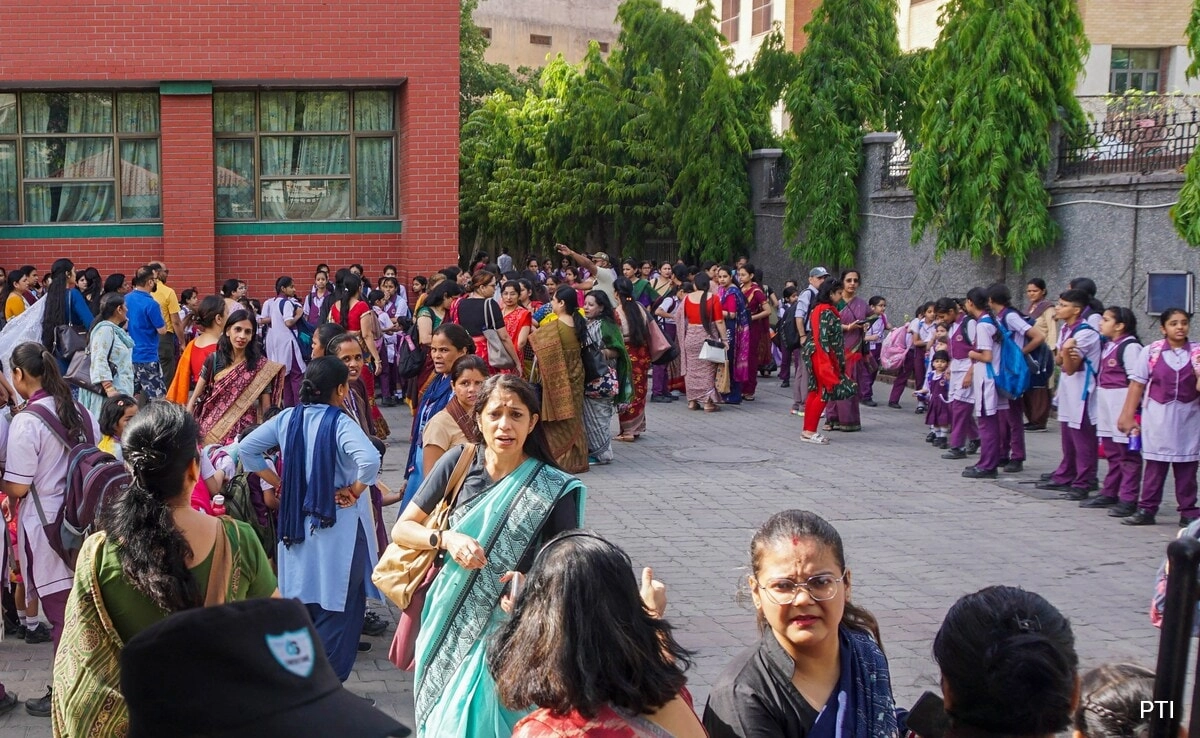In recent days, Nepal has witnessed massive protests across various cities in response to a controversial ban on social media applications. The government’s decision to restrict access to platforms that are integral to communication and expression has sparked widespread discontent among the populace. Demonstrators have taken to the streets in Kathmandu and other major urban centers, voicing their outrage against what they perceive as an infringement on their rights to free speech and access to information. The protests have drawn a diverse crowd, including students, activists, and ordinary citizens who are united in their demand for the government to lift the ban and restore their access to social media platforms.
As the unrest escalated, the Nepalese government took precautionary measures by deploying the army in and around Kathmandu to maintain order and prevent any potential violence. The presence of military personnel has heightened tensions, with protesters accusing the government of using heavy-handed tactics to silence dissent. Many demonstrators have expressed their frustration over the government’s lack of transparency regarding the decision to impose the ban, arguing that it serves to stifle political discourse and suppress dissenting voices. The protests have been largely peaceful, although clashes have erupted in some areas as security forces attempt to disperse crowds.
The ban on social media apps has raised significant concerns about digital rights and civil liberties in Nepal. Activists and human rights organizations have condemned the government’s actions, arguing that such restrictions set a dangerous precedent for freedom of expression in the country. Critics have pointed out that social media plays a crucial role in mobilizing citizens, facilitating grassroots movements, and enabling open dialogue on pressing social and political issues. As the protests continue, the international community is closely monitoring the situation, urging the Nepalese government to respect the rights of its citizens and engage in constructive dialogue with the protesters. The coming days will be critical in determining how the government responds to the demands of the people and whether it will reconsider its stance on the ban.




